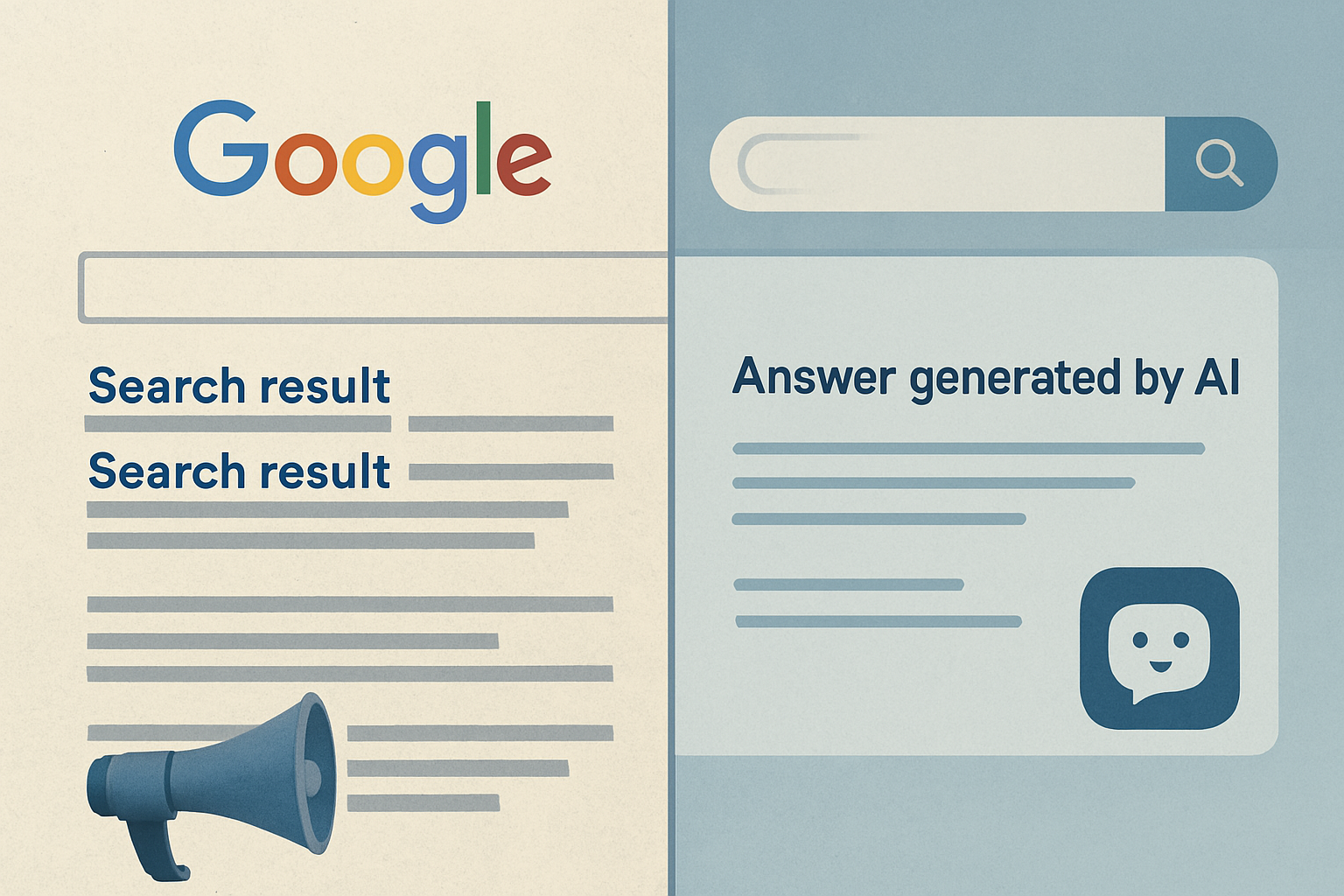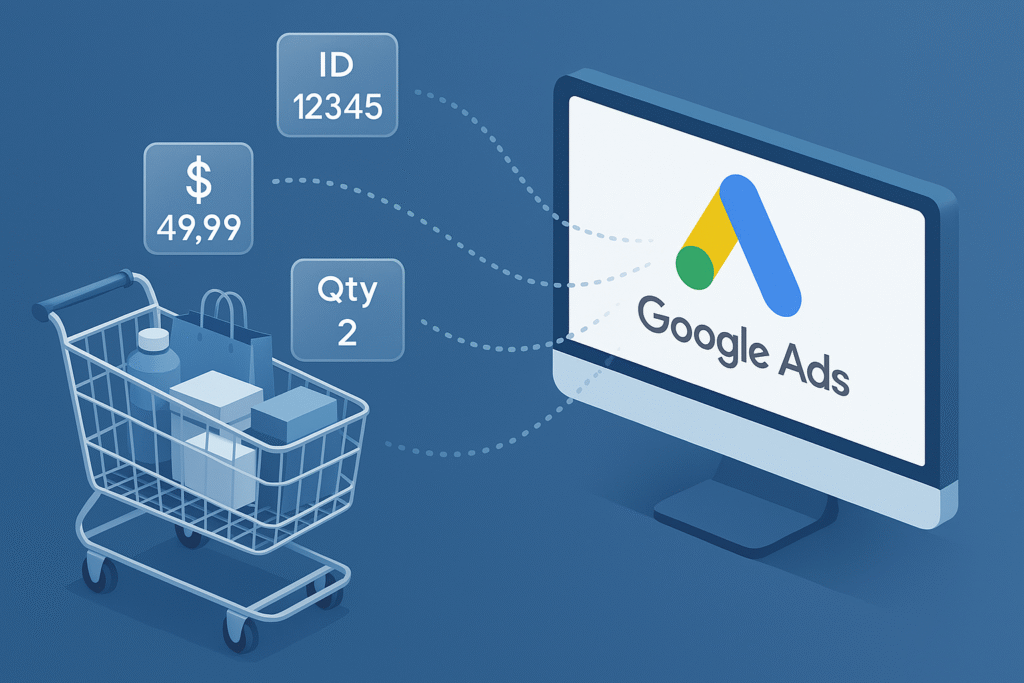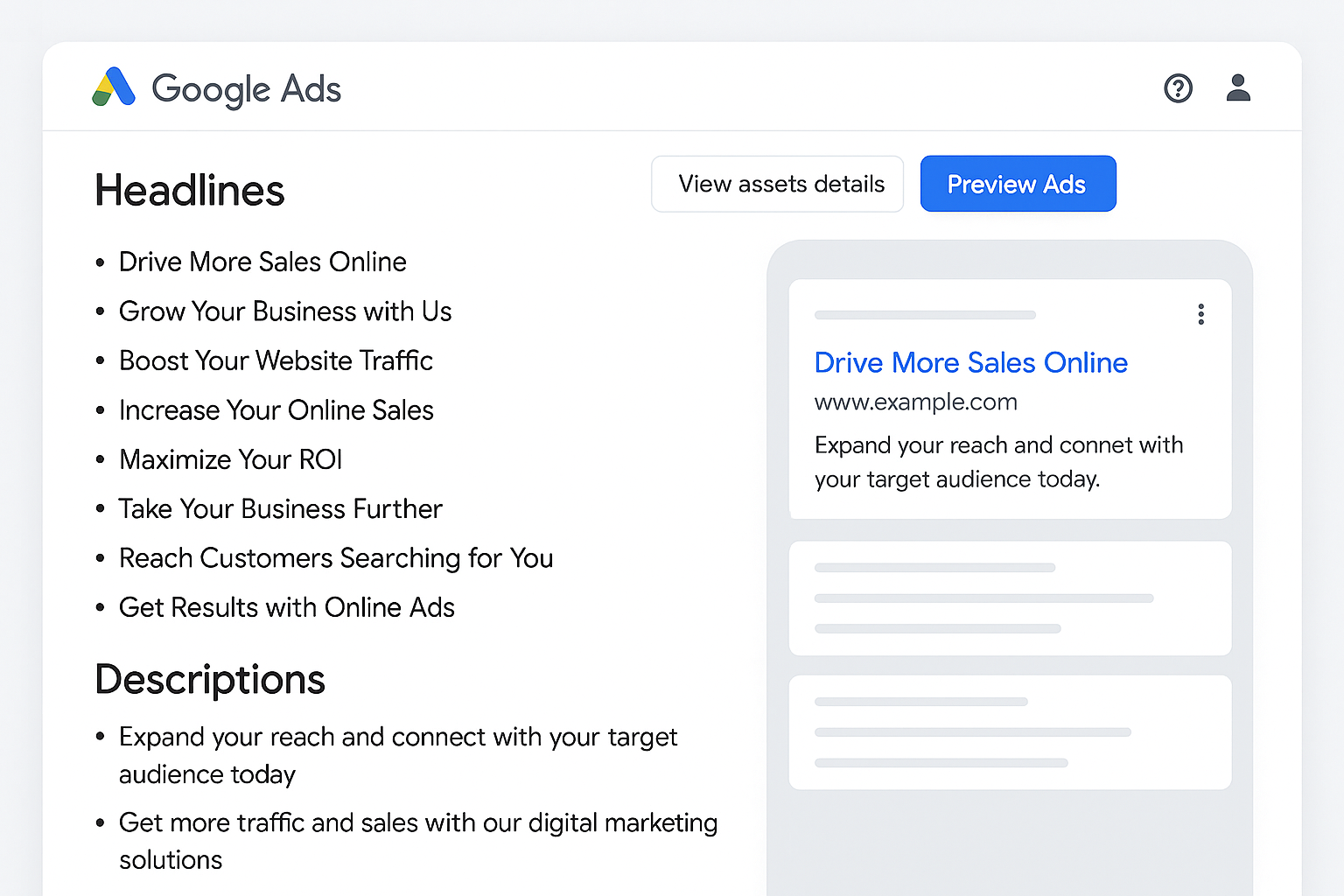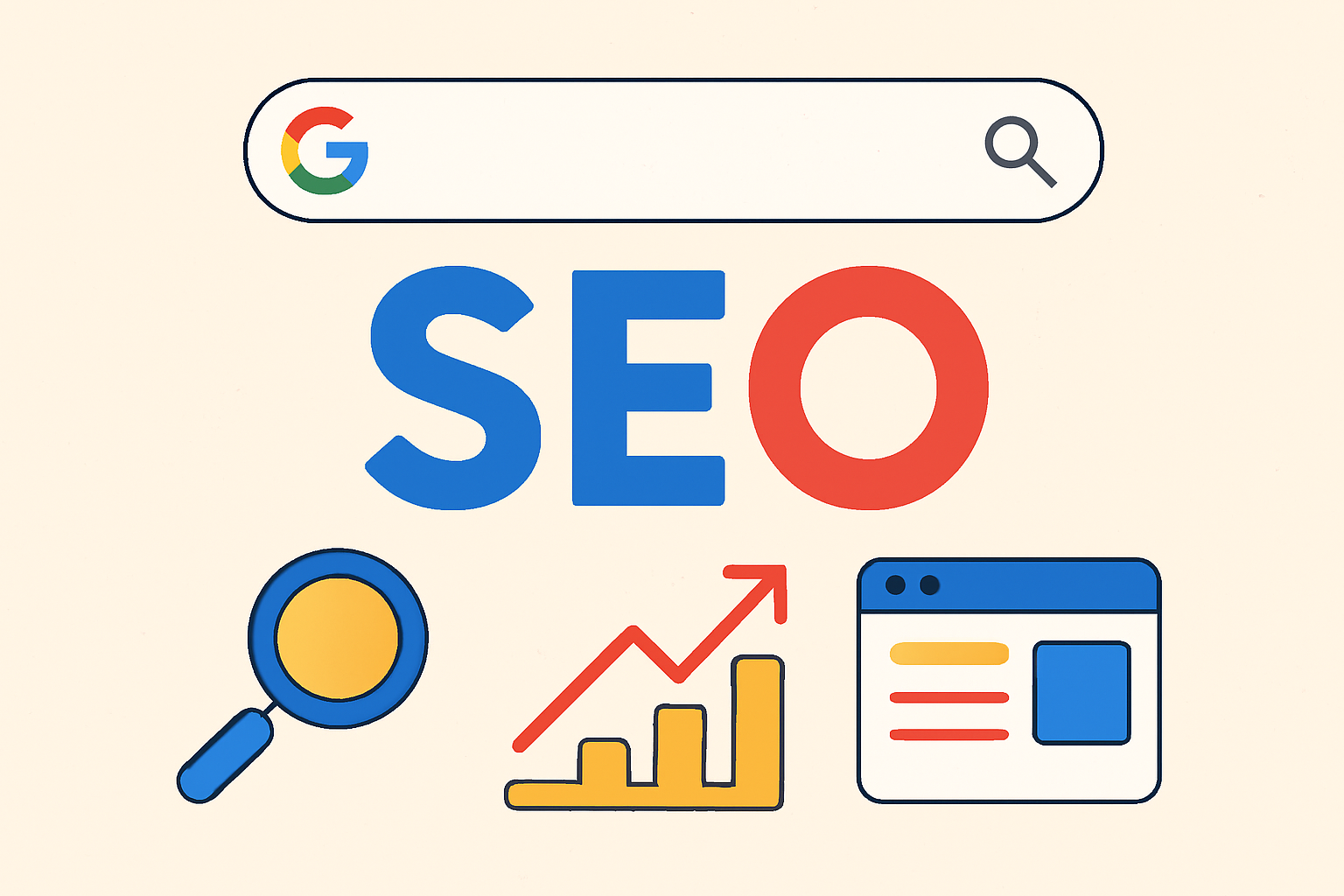If you have noticed that Google doesn’t look or work the same anymore, you’re not alone. Big changes are happening online. And the biggest reason? AI search tools like ChatGPT and Google’s new AI Mode are starting to take over how we find answers online. Is the Old Internet Is Dying?
In May 2025, ChatGPT reached 500 million monthly users. That same month, Google launched something called AI Mode. This new way of searching uses artificial intelligence to answer your questions directly, without showing you a long list of website links. It gives you a full summary right there in the search box.
At first, this sounds great. You get your answer quickly without clicking around. But for the people who create websites, write blogs, or run small online businesses, this is bad news. Fewer people are visiting websites now. And when AI gives answers without sending users to the source, websites start losing traffic. For some, this change is a serious threat.
Struggling with low engagement? Discover how Instagram Reels can fuel real growth and help you reach the audience you deserve.
Old Internet Is Dying: What is Changing with Search
In the past, when you typed something into Google, you would get a list of websites that could help you. You clicked on a few of them, read the content, and maybe made a decision or a purchase. This process helped millions of websites grow and earn money.
Now, when AI is used in a search, most people don’t click on anything. According to Pew Research, when AI Overviews are shown on Google, only 8 percent of users click on a link. Without AI, 15 percent of people click through. That is almost half the clicks gone.

Even worse, when the AI does show where it got its information from, only 1 percent of people actually click on those sources. That means websites are doing the work of creating content, but the traffic and attention are going to AI instead.
Why This Matters for Businesses
For websites and businesses that rely on traffic from search engines, this is a big problem. Many small companies and bloggers have spent years learning how to do SEO, or Search Engine Optimization. SEO helped them show up in search results by using the right keywords, writing helpful content, and building links. But now, all of that matters less. AI is taking the information and giving it to users directly.
This change is forcing marketers to look for new ways to get noticed. Some are calling it GEO or AIO. These stand for Generative Engine Optimization or Artificial Intelligence Optimization. It’s basically SEO for AI tools. But there is one big problem. No one knows exactly how AI models like ChatGPT decide which answers to give or which brands to mention. It’s not like Google search where the rules were more clear.
Now, marketers are trying new things. They are writing more detailed FAQs, posting helpful answers on forums like Reddit, and creating structured product pages. The hope is that AI will find this information useful and include it in its answers.
New Tools Are Popping Up
Because so many businesses are worried about losing their online traffic, new tools and companies have started to appear. One startup, Athena, helps brands see how they show up in AI search results. Another one, called Profound, raised millions of dollars to build a system that tests which questions make a brand show up in ChatGPT responses.
Profound’s CEO said it simply. Every company now has one very important customer. And that customer is ChatGPT.
This is a big shift. For years, businesses knew how to market themselves online. They used ads, keywords, and links. Now, they are trying to understand a system that is still new and mostly secret.
New safety rules are changing how we connect. Learn what Instagram’s latest safety update means for creators, brands, and everyday users.
If You’re Not in the Answer, You’re Invisible
With Google, even if your website didn’t show up at the top, it could still be found on page two or three. But AI search doesn’t work that way. If your business or website is not included in the AI’s answer, you don’t get seen at all. There is no second page. There is no list of ten links. You are either in the answer or completely invisible.
For many people in marketing, this is scary. The rules have changed. And there is no guidebook yet.
Will Ads Come to AI?
AI is expensive to run. This is why companies like OpenAI and Perplexity are thinking about adding ads to AI tools. Perplexity has already started showing sponsored search results. That means businesses may soon be able to pay to appear in AI search, just like they do on Google now.
If that happens, the old system of paying for clicks and views might return. So even though AI search is new, it could still end up working like traditional online advertising in some ways.
How This Affects You
Even if you’re not a business owner or a marketer, these changes matter to you. If your favorite blogs, recipe sites, or niche hobby websites stop getting visitors, they might shut down. Many websites rely on ad views or product sales that come from search traffic. Without that, they might not survive.
Also, AI answers may not always be perfect. If the model makes a mistake or gives outdated information, you might not even know where it came from. Trusting the source becomes harder when the source is hidden.
We are entering a new stage of the internet. It’s faster and more efficient in some ways. But it’s also more closed off. You may get answers quickly, but you might miss out on the people and websites that worked hard to create that content in the first place.
Final Thoughts
Is the Old Internet Is Dying? The internet we knew is changing. Websites, blogs, and digital stores are losing traffic because AI is giving people answers without sending them to the source. Businesses are trying to catch up with something they can’t fully understand yet. A new kind of marketing is being born, but no one knows the rules.
As users, we get the benefits of quick answers and smart tools. But we also risk losing the variety and richness of the old internet. The question now is not just how we search for things , it’s whether we still care about the humans and websites behind the answers.
DMs just got safer, and more serious. Find out how Instagram’s new DM warnings protect users and what you need to know before hitting send.





